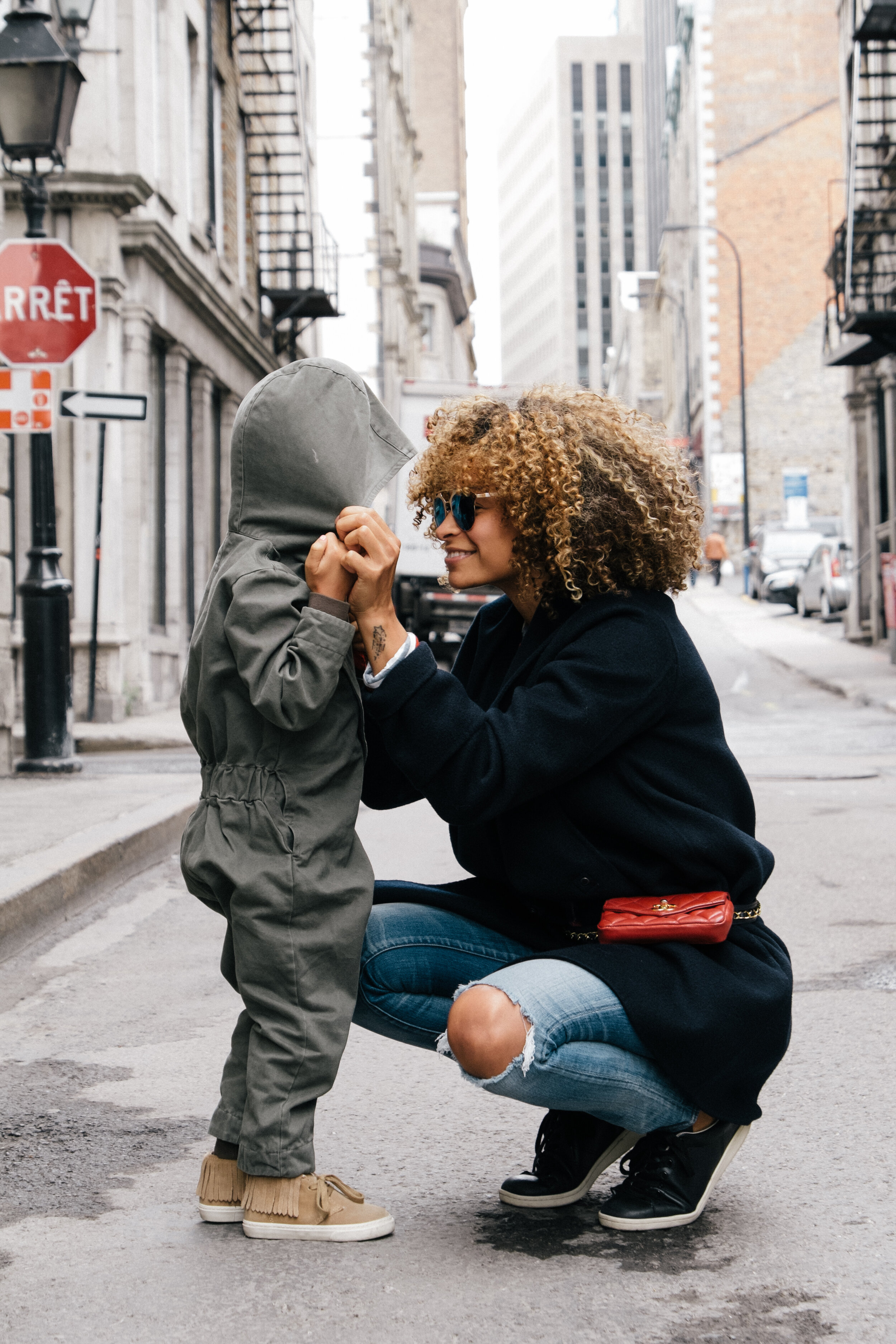The first time your child told you they didn’t want you to leave, it might have been a sweet moment. Being sad to see someone go is a sign of a close, loving relationship. Maybe you offered a little reassurance and a few extra hugs, and sent your kiddo on his or her way. Lots of kids have worries about a parent going away every once in a while, but for some kids, these worries quickly snowball into larger fears that need extra help to resolve. When a child suffers from separation anxiety, it can get in the way of day-to-day activities and cause stress and frustration for the whole family.
If your child is struggling with separation anxiety, there is some good news: it’s totally normal and natural for children to want to stay with their parents. Children are hardwired for survival, and they know that their parents are the safe people in their lives who will protect them from harm. Almost all children go through a period of separation anxiety as infants and toddlers, and a lot of the time, the worries resolve by themselves once children learn that when Mom and Dad leave, they always come back.
Signs and Symptoms of Separation Anxiety
How can you tell if your child is experiencing a passing worry, or is struggling with anxiety that might need extra help? Here are a few signs that might indicate your child needs some extra support to move past their worries:
You notice that your child appears much more clingy than other children his or her age
The anxiety is keeping your child from participating in activities they want or need to do, such as school, birthday parties, or sleepovers with friends
Your child’s worry seems to be getting more intense over time, or you are noticing more worries about other issues coming up
Your child’s anxiety includes body symptoms, like headaches or stomach aches
If any of these bullet points sounds familiar to you, you might benefit from the ideas below.
How Parents Can Help Kids with Separation Anxiety
Stay calm: It can be nerve-wracking wondering if today is a ay your child is going to panic at school drop-off. Kids are really tuned into their parents emotions, and can often sense a parent’s anxiety. If a child sees that a parent is feeling nervous about separation, it can heighten the child’s anxiety, too.
Highlight your child’s strengths: It’s helpful to take focus away from a child’s worries, and put the focus on how capable the child is of handling a difficult situation. Rather than trying to talk your child out of her fears in the moment, tell her you know she’s a strong, brave person, and she can do this!
Practice deep breathing: Learning coping skills, like taking deep, belly breaths, can help kids to calm their bodies and minds. This can help children deal with their stress, and might cut down on body-based symptoms like stomach aches, as well.
Don’t prolong the separation: Sometimes, the longer a parent stays around, the more a child’s anxiety rises. It can be really hard to make a quick exit and not stay to give extra hugs and kisses when a child is feeling nervous, but a brief and loving goodbye helps a child transition faster into his next activity.
Child Therapy for Separation Anxiety in Davidson, North Carolina
Need more help with separation anxiety? Whether you live local to me in the Lake Norman area of North Carolina or far away, there are options to help. My educational course for kids teaches coping skills to deal with anxiety and life stress, and you can stream it immediately so your child can start learning right away.
If you’ve tried these techniques, and are still having a hard time helping your child get separation anxiety under control, it might be time to contact a child counselor for some extra support. Therapy can be a big help for children with anxiety, helping them to strengthen their coping skills, express feelings through play, and gradually learn how to separate from their parents or loved ones without fear.
If your family is in the Lake Norman area of North Carolina, please feel free to reach out to learn more about how counseling can help kids work through separation anxiety. I can also provide online therapy to kids in other parts of the state, as well as in New York and Florida. With some help and support, kids can feel more confident at school drop-off, sleepovers, and other independent activities.



